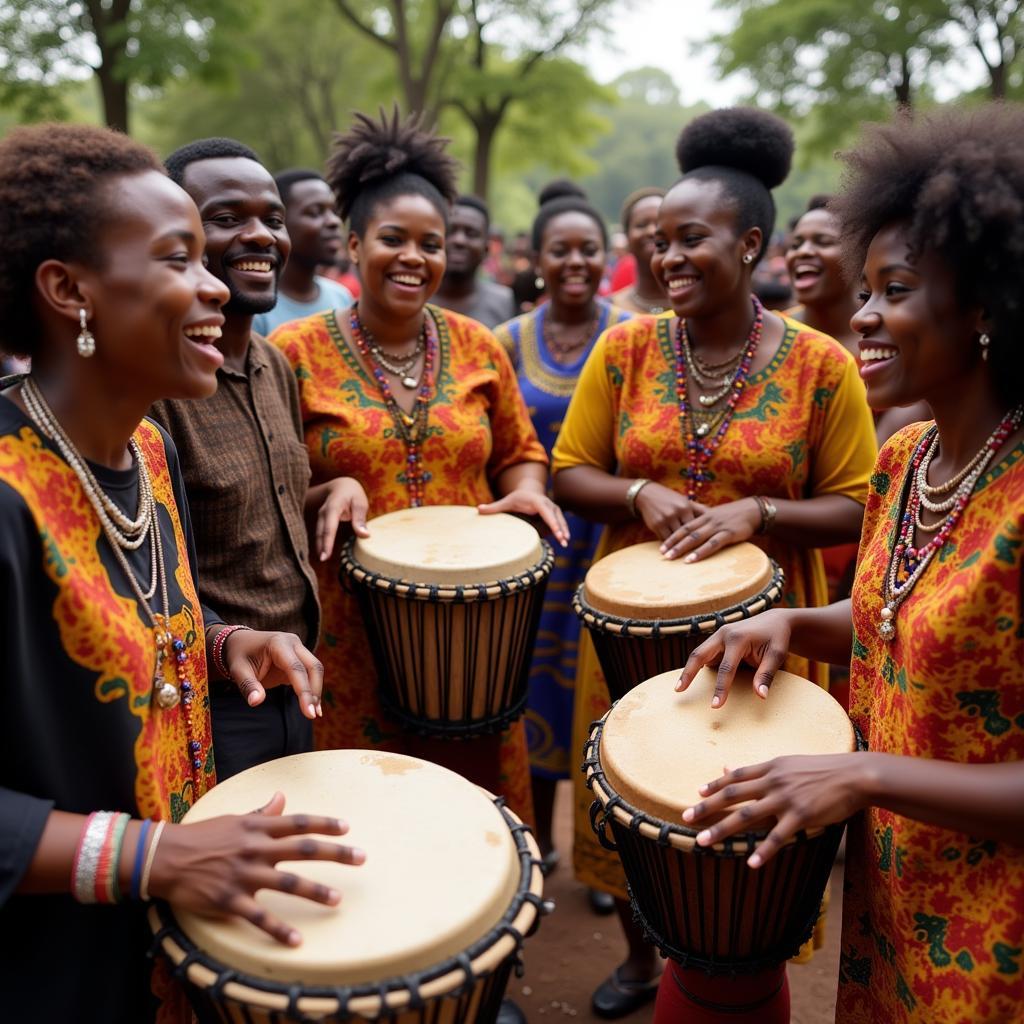Understanding the African American Child: Identity, Culture, and Heritage
African American children, a vibrant and integral part of American society, represent a rich tapestry of history, culture, and heritage. Their identity is shaped by the unique experiences of their ancestors, the resilience of their communities, and the evolving landscape of contemporary America. Understanding the African American child requires delving into the complex interplay of historical legacies, cultural influences, and individual journeys.
The Legacy of History: Shaping Identity
The historical journey of African Americans is woven into the very fabric of the United States. From the horrors of slavery to the triumphs of the Civil Rights Movement, their story is one of both struggle and resilience. This historical context continues to shape the lives of African American children today, influencing their perceptions of self, community, and the world around them.
It is crucial to acknowledge the lasting impact of systemic racism and discrimination on the lives of African American children. The transatlantic slave trade, centuries of enforced segregation, and ongoing inequalities have created deep-seated disparities in education, healthcare, and economic opportunities. These disparities can impact a child’s development, leading to feelings of marginalization and exclusion.
However, it is equally important to celebrate the immense contributions of African Americans to American society. From the fields of science and medicine to the arts and entertainment, they have enriched the nation’s cultural tapestry and pushed the boundaries of progress. Teaching African American children about their history, both the triumphs and the struggles, is vital in fostering a sense of pride, resilience, and belonging.
Cultural Influences: A Tapestry of Traditions
African American culture is a vibrant blend of African traditions, European influences, and uniquely American experiences. This cultural richness is reflected in the music, art, food, and language of African American communities.
Music has always played a central role in African American culture, serving as a form of expression, storytelling, and resistance. From the soulful melodies of gospel to the rhythmic beats of hip-hop, African American musical genres have captivated audiences worldwide. Introducing African American children to this rich musical heritage can instill a sense of cultural pride and artistic appreciation.
Family plays a central role in African American culture, providing a strong support system and sense of community. Extended family networks often play a significant role in child rearing, providing emotional, financial, and social support. This emphasis on family and community can help African American children develop strong social bonds and a sense of belonging.
Fostering a Positive Identity: Empowering the Next Generation
It is essential to create environments where African American children can develop a strong and positive sense of self. This includes providing them with access to quality education, celebrating their cultural heritage, and addressing the ongoing challenges of racism and discrimination.
Schools play a crucial role in shaping a child’s identity. Incorporating African American history and culture into the curriculum can help students understand their place in the world and develop a sense of pride in their heritage. It is also essential to create inclusive learning environments where all students feel valued and respected.
Parents and caregivers can also play a critical role in fostering a positive identity. By celebrating their child’s unique talents and interests, exposing them to diverse role models, and teaching them about their cultural heritage, parents can empower their children to embrace who they are.
Navigating the World: Challenges and Opportunities
African American children face unique challenges in navigating the world. They may encounter racism and discrimination, experience implicit bias, and be subject to negative stereotypes. It is crucial to equip them with the tools and resources to navigate these challenges and advocate for themselves.
Open communication is key. Parents and caregivers can create a safe space for children to share their experiences and discuss issues related to race and identity. It is also important to teach children about their rights and empower them to speak out against injustice.
Despite the challenges, African American children also have immense opportunities to make a difference in the world. By fostering their talents, nurturing their dreams, and providing them with access to quality education and resources, we can help them realize their full potential.
Conclusion
Understanding the African American child requires recognizing the complex interplay of history, culture, and individual experiences. By acknowledging the challenges they face, celebrating their unique contributions, and fostering environments where they can thrive, we can help create a more just and equitable future for all.
Remember, when seeking support or information, you can always reach out to us at:
Phone Number: +255768904061, Email: kaka.mag@gmail.com
Address: Mbarali DC Mawindi, Kangaga, Tanzania.
We have a 24/7 customer service team ready to assist you.

